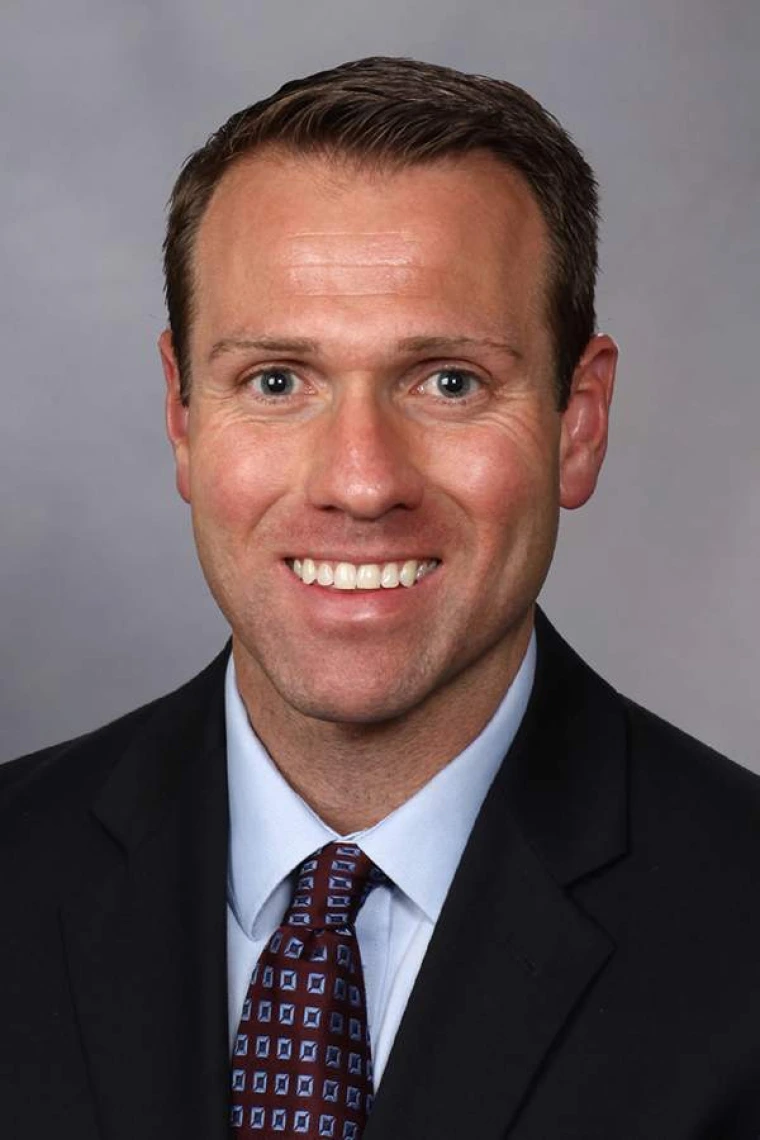Joshua Nicholas Farr, PhD
Dr. Farr joined the faculty in the University of Arizona Department of Medicine/Division of Rheumatology and the Arthritis Center in August, 2024 after spending 10 years as a research scientist at Mayo Clinic Rochester. He earned his bachelor's, master's degrees and doctoral degrees at the University of Arizona, and went on to complete a post-doctoral fellowship at Mayo Clinic.
An associate professor of medicine, Dr. Farr was also awarded the Ethel McChesney Bilby Endowed Chair in Osteoporosis upon his appointment at the U of A.
A highly-regarded research-scientist, Dr. Farr's primary focus is the role of cellular aging (senescence) in age-related bone loss. Cellular senescence, a state of irreversible cell cycle arrest that limits the ability of cells to divide, is a common hallmark of aged tissues.
Dr. Farr and colleagues were the first to demonstrate - using pre-clinical models and supportive human data - an accumulation of senescent cells in the bone microenvironment with aging. From young versus old mouse and human bone samples, Dr. Farr isolated various cell populations from the bone microenvironment (such as B cells, T cells, myeloid cells, osteoprogenitors, osteoblasts and osteocytes), and demonstrated that a subset of cells within each of these lineages become senescent with aging, although senescent osteocytes and senescent myeloid cells were found to be the predominant culprits that produce a pro-inflammatory environment.
In further studies, Dr. Farr and colleagues demonstrated that the pro-inflammatory secretome of senescent cells leads to increased bone resorption and decreased bone formation that occurs during natural aging, and approaches that either eliminate senescent cells or impair the production of their pro-inflammatory secretome prevented age-related bone loss in mice.
Because cellular senescence is a natural phenomenon that occurs in multiple aged tissues, targeting this fundamental aging mechanism may not only represent a novel treatment strategy for osteoporosis, but also for multiple age-related comorbidities. The ultimate goal of Dr. Farr's work is to develop a pipeline of therapeutic strategies that target senescent cells to delay, prevent, alleviate or partially reverse age-associated diseases as a group, including osteoporosis.


